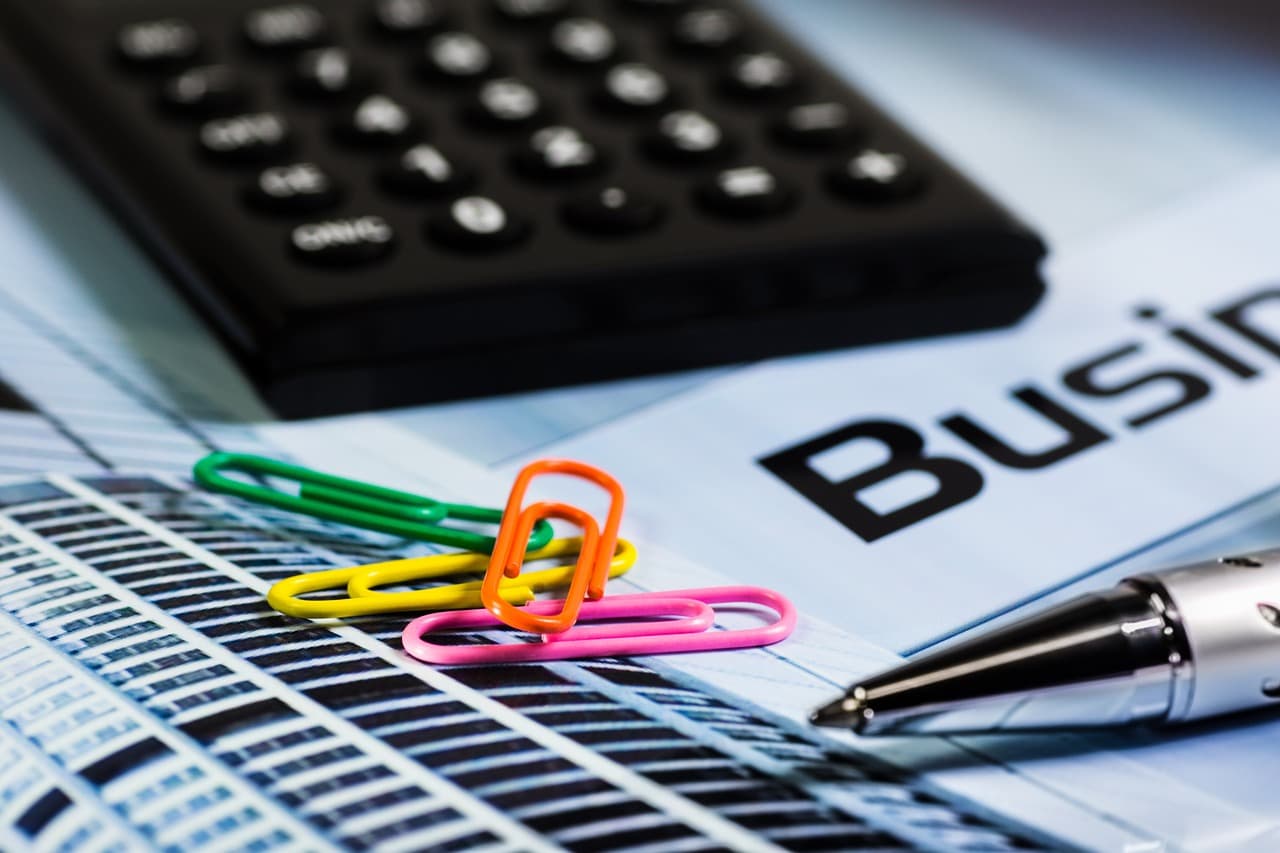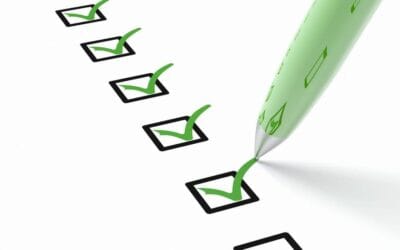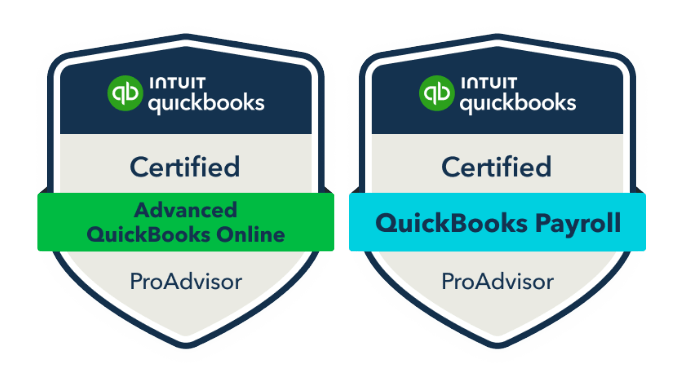Let’s face it—keeping track of every business expense can feel like a chore. But when tax season rolls around, the last thing you want is to be digging through shoeboxes of receipts or scrolling endlessly through your bank statements, wondering if you’re missing something important.
Here’s the deal: tracking every expense is one of the simplest, yet most powerful, ways to save money, reduce stress, and maximize your tax deductions. Let’s explore why this matters and how you can make expense tracking easier than ever.
Why Tracking Every Expense Matters
- Maximize Deductions
Every dollar you spend on your business could be a deduction come tax time. Office supplies, software subscriptions, mileage, meals with clients—they all add up. But if you don’t track them, you’re essentially leaving money on the table. - Stay Organized
Proper expense tracking keeps your financial records clean and ready for tax season. Plus, it helps you understand where your money is going so you can make smarter spending decisions. - Avoid Tax Trouble
Inaccurate or incomplete expense records can trigger audits or penalties. Detailed tracking ensures you’re compliant and prepared if the IRS comes knocking.
Real-Life Example: A Costly Oversight
Meet Jenna, a marketing consultant. Jenna had a habit of mixing personal and business expenses on the same credit card, telling herself she’d sort it out later. When tax season came, she realized she couldn’t remember which expenses were business-related. As a result, she missed out on thousands of dollars in deductions.
After that painful lesson, Jenna started tracking her expenses diligently. Not only did she save money at tax time, but she also gained better control over her business finances. Lesson learned!
How to Track Expenses Like a Pro
Tracking expenses doesn’t have to be complicated. Here are three steps to simplify the process:
- Use Dedicated Accounts
Keep your business and personal finances separate. Open a business checking account and credit card to make it easy to identify business-related transactions. - Choose an Expense Tracking System
Pick a method that works for you:- Bookkeeping Software: QuickBooks Online can automatically categorize transactions and generate reports.
- Expense Tracking Apps: The QuickBooks app lets you snap photos of receipts and track spending on the go.
- Manual Spreadsheet: If you prefer hands-on tracking, a simple spreadsheet can do the trick.
- Categorize Expenses Regularly
Don’t wait until tax season to organize your expenses. Set aside time weekly or monthly to review your spending and ensure everything is categorized correctly.
What Counts as a Business Expense?
Not sure if something is deductible? Here are common categories to keep in mind:
- Office Supplies: Paper, pens, and printer ink add up!
- Meals and Entertainment: Business lunches or client meetings (50% deductible).
- Travel Expenses: Flights, hotels, and car rentals for business trips.
- Professional Services: Bookkeeping, legal, or consulting fees.
- Software and Subscriptions: Tools and platforms you use to run your business.
When in doubt, consult your tax advisor to clarify what qualifies.
Tips to Avoid Common Expense Tracking Mistakes
- Save Every Receipt: Even if you’re using a card statement to track purchases, receipts are critical for audit-proofing your records.
- Log Cash Transactions: Cash purchases are easy to forget, so record them immediately.
- Track Mileage: Use a mileage app like the QuickBooks app to capture business-related travel automatically.
- Be Consistent: Regular tracking prevents overwhelm and errors.
When Tracking Expenses Saves You Big
Let’s revisit Jenna. After implementing a robust expense tracking system, she uncovered deductions she’d previously missed—like software subscriptions and mileage for client meetings. By the end of the year, her tax preparer estimated she saved over $5,000, just by being diligent with her expense tracking.
The best part? Jenna no longer dreaded tax season because she knew her records were clean and ready to go.
Your Next Step: Start Tracking Today
If you’ve been putting off tracking your expenses, now’s the time to start. Take 30 minutes this week to review your spending, set up a system, and organize your receipts. Trust me—your future self (and your tax preparer) will thank you.
Need help getting your finances in order before year-end? That’s where I come in. Let’s work together to simplify your bookkeeping and make tax season a breeze.
Final Thoughts
Tracking every expense might feel tedious at first, but it’s one of the easiest ways to save money and reduce tax season stress. Start small, stay consistent, and watch as your financial confidence—and savings—grow. Ready to get started? Let’s tackle your expenses together.






0 Comments